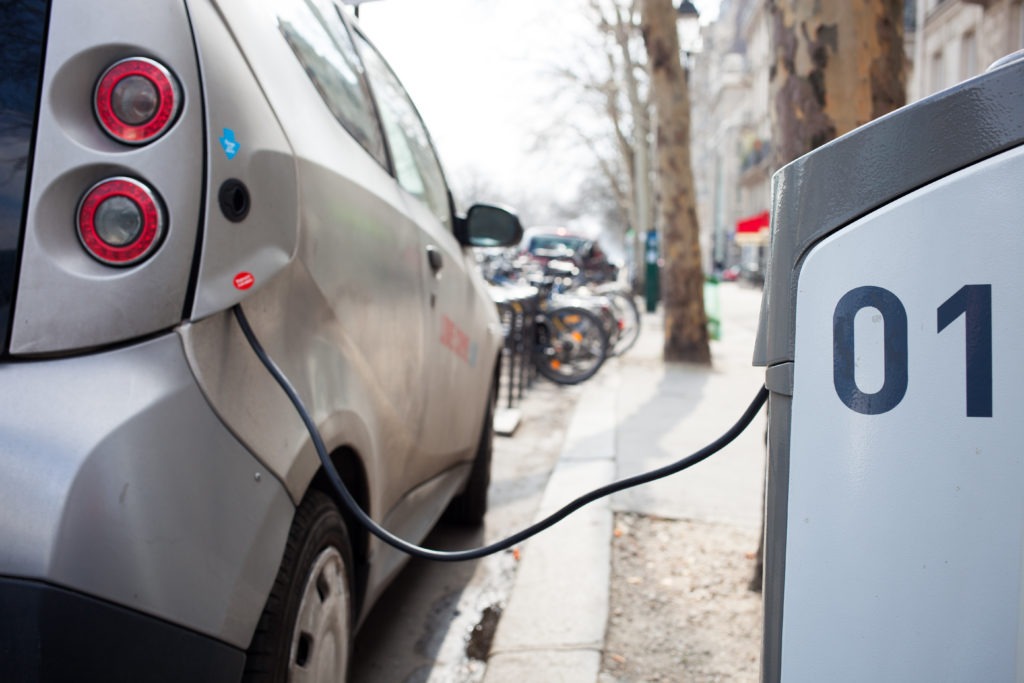When preparing to make the move away from the combustion engine, the cost of running an electric car is one of the most important things to consider, along with the impact on the environment.
Usually, the benefits would go some way to persuade many with refuelling costs being lower and the fact that one could drive more for less money, but with the current energy crisis having a huge impact on electricity prices, is it still the case?
At the moment, a so-called “ultra-fast” charging station at a motorway service station in Belgium may set you back 79 cents per kilowatt hour. For an average-sized car, a full charge will come in at around €15 for 100 kilometres of travel. While this may be one of the pricier options, charging elsewhere is not much better according to Maxime Hérion, an automotive journalist at Gocar.be.
"The electric vehicle is the most expensive to use for the moment," said Maxime Hérion, "followed by the gasoline vehicle. And the diesel vehicle is the cheapest of the three."
Hérion explained that in tests carried out by Gocar.be, you would pay €12 to go 100 km in a diesel VW Golf, €12.60 for a petrol version and €13.49 in an electric equivalent. The electric equivalent will also cost €10,000 more to buy.
Not all electricity goes into the battery
In addition, according to experts, there is a secret that electric car manufacturers are hiding from their customers: not all the electricity you buy goes into your car battery.
"In fact, what happens is that to recharge a kilowatt of the car, we need more electricity than that" said Fabian Gilet, a car tester. "Why? Well first of all because we have electronic components of the car that will consume electricity, but we also have a physical phenomenon called the "joule effect", with the elements that will heat up in the car: the cable, the different chargers, and so on. And that's a dissipation, in heat, of electricity."
And these excess power consumptions vary for each car model. With a specific device, it is possible to measure the level of electrical loss during charging. "The result is that we have an overconsumption that can vary, between car brands, from 10 to 33%. Over 100,000 kilometres, this represents an additional cost of €4,000."

